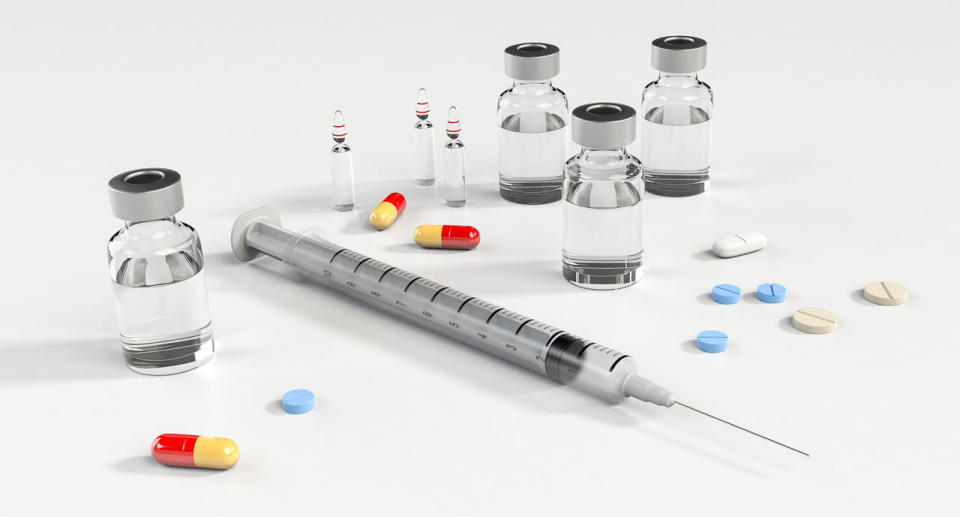Opioids: What you need to know about these addictive prescription painkillers

Even as the United States grapples with widespread addiction and overdose deaths related to opioids, there is growing concern in Singapore and other countries about the increasing use of these prescription drugs for pain relief.
According to the University of Wisconsin in the US, which tracks opioid consumption worldwide, the per capita consumption of opioids in Singapore doubled between 2005 and 2010.

Opioids are generally used to relieve moderate to severe pain, such as the pain experienced after surgery or in cancer, which does not respond well to mild painkillers. They are produced from the opium plant or synthesised in a laboratory to mimic opium, and include drugs such as:
Fentanyl
Hydrocodone
Methadone
Morphine
Oxycodone
Opioids are highly effective in relieving pain because they bind to opioid receptors in brain cells and lower your perception of pain while boosting feelings of pleasure.
Since opioids are highly addictive and can have harmful side effects, it’s important to follow your doctor’s instructions carefully when taking them. When you are ready to stop taking opioids, your doctor will wean you off them slowly, otherwise you may develop withdrawal symptoms.
If taken incorrectly, opioids can cause your breathing and heart rate to slow down, and be life-threatening. Opioids can also have serious consequences if they are taken with alcohol, antidepressants or antihistamines.

Guidelines for use of opioids in Singapore
In 2013, with the growing use of opioids and concern that doctors may be prescribing these painkillers liberally, the Pain Association of Singapore set down guidelines, which are not compulsory, and recommend that doctors:
establish an opioid agreement with a patient
place a patient on trial for a couple of months with close monitoring, before extending the prescription
be alert for signs of addiction, such as requests for increased dosage
discontinue opioids if the therapeutic goals are not achieved
be extra cautious with patients with a history of alcohol or drug abuse.
More from the author:
Follow Yahoo Lifestyle Singapore on Facebook.


